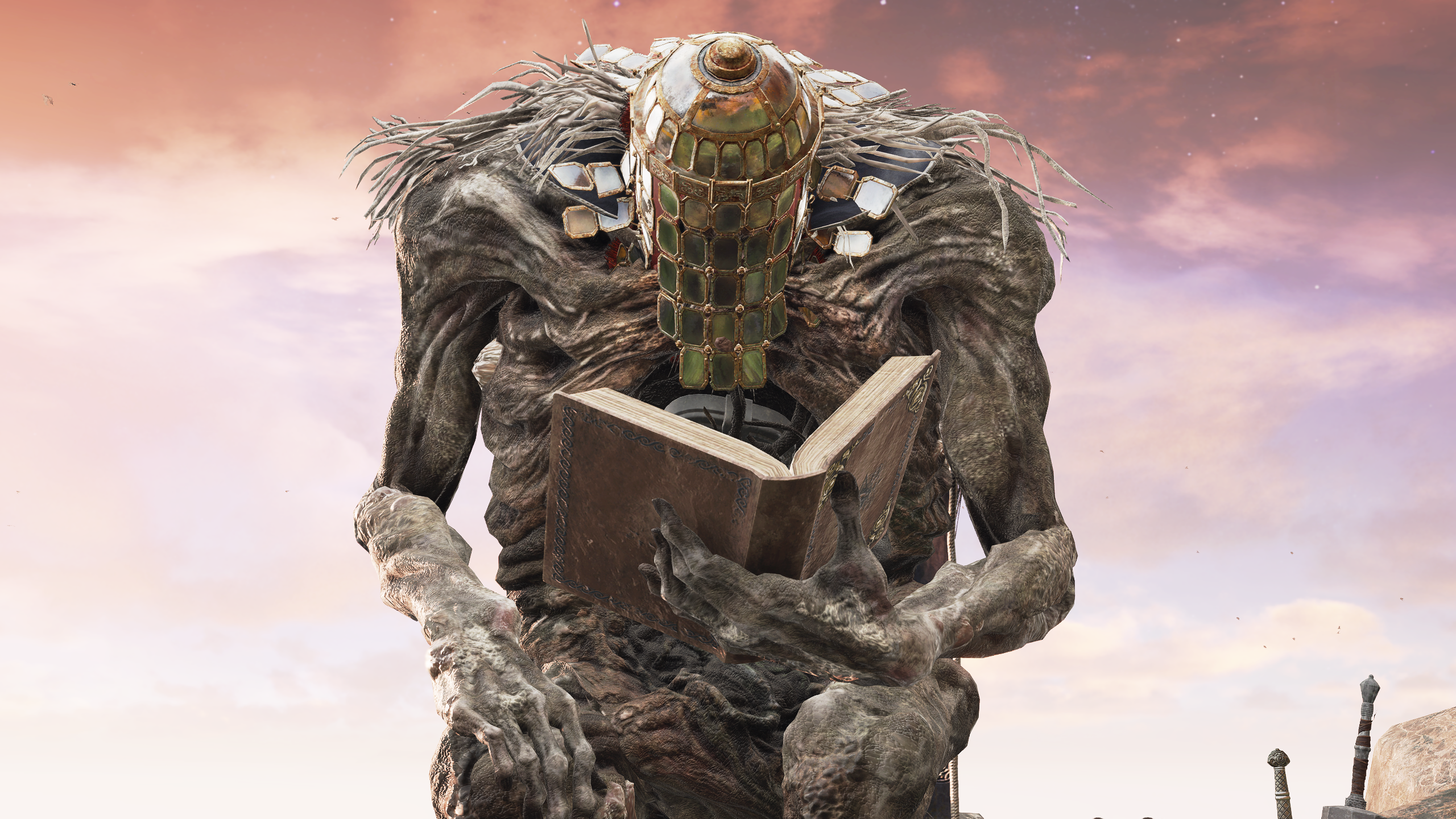Everyday I find myself writing about AI in some capacity. Occasionally, I get to write about the very cool things people are using AI tools to achieve but usually this isn’t the case. Instead, I see endless cases where AI has been used to replace artists and creators, and worse yet it’s usually been trained on stolen work from those very people. In efforts to protect themselves, we’re seeing growing court cases and petitions like this one put together by authors against the use of AI in books.
According to NPR, over 70 authors have come together to release an open letter asking publishers to swear off AI. The group which includes authors Dennis Lehane, Gregory Maguire, and Lauren Groff posted the letter to Lit Hub, asking publishers to promise “they will never release books that were created by machines.”
The accompanying petition received over 1,1000 signatures within 24 hours, and has only continued to grow. It sends a clear message to publishers that authors are against the use of AI, but given its their jobs on the line they have a vested interest to be.
Thankfully the terms aren’t just restricted to saving their jobs, but also doesn’t want AI editors or publishers either. The letter isn’t just opposed to work written with AI, but any use which includes audiobook readings. The letter states this is because the work that AI does in these creative fields, frankly isn’t up to snuff.
“The writing that AI produces feels cheap because it is cheap. It feels simple because it is simple to produce. That is the whole point,” the letter states. “AI is an enormously powerful tool, here to stay, with the capacity for real societal benefits—but the replacement of art and artists isn’t one of them.”
AI works have been a hugely disruptive and scary introductions to book sales. Amazon has been flooded with copycat titles blatantly trained on the work of existing authors to get a quick profit. There have even been cases where fake books are attributed to real authors, alongside blatantly made up properties. It’s the wild west of algorithms throwing words at walls and seeing what sticks, and hardworking humans are suffering for it.
This is only further spurred by things like Audible launching further into AI narration and translation offerings. The fact is that translation has always been available but previously it would cost more because they’d have to pay skilled humans to do it. I’m expecting some very 90s anime dub vs sub situations when it comes to these AI translations and readings. While it’s great to see books being offered in more languages, it comes at the cost of real human jobs who’d get those translations right in meaningful ways.
This is one of the many things the open letter addresses in its requests to publishers safeguarding the future of these written creations. This is in lieu of the law doing so, with recent decisions ultimately just generating more confusion. What’s going to be interesting is whether or not publishers comply, and if reputations will be garnered from publishers who choose to publish AI created content.
As someone who’s primary medium of entertainment consumption is videogames, I’m also really curious to see how this will flow into my favourite hobby. We’ve seen Steam overrun with shovelware trash before, but imagine when AI gets its grips fully into gaming. If our comrades in books can help us determine some policy or best practices in advance, then hopefully we’ll come out slightly less dog-eared for their lessons.
